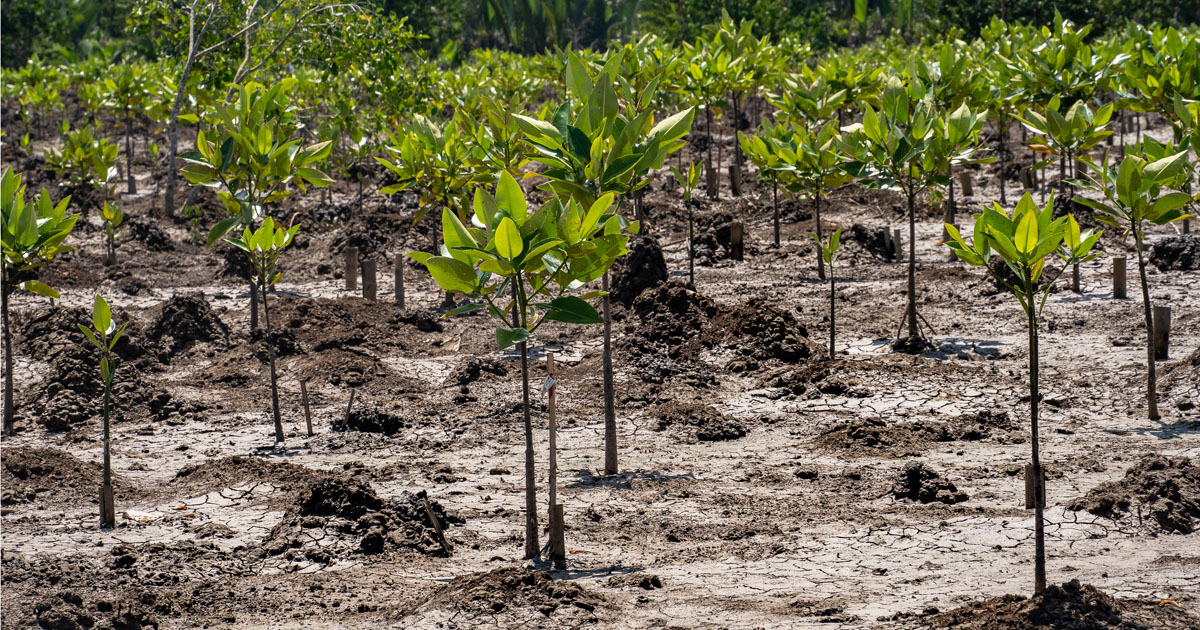Description
One of Uganda’s critical landscapes faced with vast land management challenges is the Mt. Elgon landscape. This mountain landscape is a food basket supporting a population of approximately four million people with productive yet vulnerable resources. Elgon landscape is a source of critical goods and services that support biodiversity, watersheds, local communities’ livelihoods and socio-economic development including provisioning (e.g. food, fiber, fuel, timber, water and medicine), regulating (e.g. soil erosion, floods, landslides and other forms of mass wasting), supporting (pollination, soil fertility) and cultural (e.g. recreation, cultural heritage) among others. The region experiences extensive impacts of land degradation in the form of loss of tree cover, severe erosion, increasingly frequent occurrence of landslides, excessive soil nutrient depletion due to over-cultivation and offsite effect of sedimentation and flooding in the lowlands. Biodiversity has steadily declined at the ecosystem level and natural processes have drastically diminished and degraded in quality. Although there is rising coffee production, there is low integration of sustainable landscape approaches, lack of organization and collective action as well as incentives to ensure optimum production, insufficient incorporation of soil health in sustainable land management operations and high prevalence of poverty. Moreover, the existing landscape management approaches are fragmented and disjointed leading to unsustainable agricultural practices with inefficient value chains. The current institutional arrangements and governance systems are weak leading to unsustainable agricultural practices and inefficient value chains. As such, the farming practices are unsustainable leading to low agricultural productivity and negative climate change impacts. Land and forest degradation are worsening climate change impacts. Moreover, the coffee and staple crop value chains are unresponsive to resource-poor farmers needs coupled with inadequate market linkages. The above situation is exacerbated by inadequate knowledge on Integrated Land Management approaches at landscape, national and regional levels.
This project has been conceived to transition the Mt. Elgon region to a sustainable, integrated landscape with efficient value chains of coffee and staple crops (maize, banana and Irish potato). This will ultimately enhance food security and conserve the ecosystems that provide critical goods and services for rural livelihoods in the Mt. Elgon landscape. This is achieved through the following four components: 1) Integrated Mt. Elgon Landscape Management System and institutional frameworks and improved governance, 2) Sustainable coffee and staple crops production practices and responsible value chains, 3) Natural habitat restoration, and 4) Knowledge management (sharing, learning and scaling up). ICRAF provides information/data on different Integrated Land Management practices and demonstrate the importance of trees in fields and farming landscapes for enhancing and sustaining crop yield and food security in the Mt. Elgon Ecosystem.





















